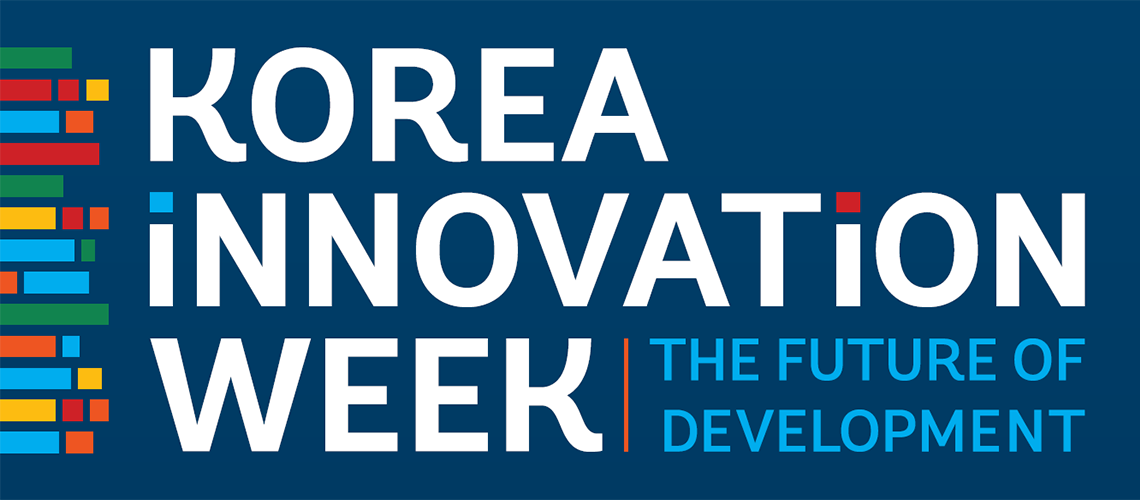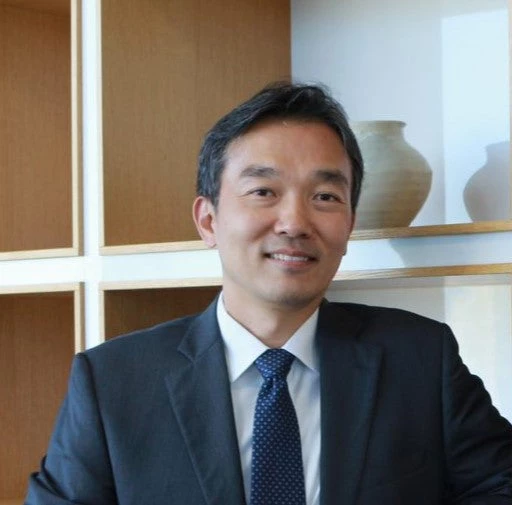 Korea innovation week
Korea innovation week
From February 18 to 20, 2020, about 35 of our Korean partner institutions will convene at the World Bank Group’s headquarters in Washington, D.C., for the World Bank Group-Korea Partnership Week on Innovation and Technology – or “Korea Innovation Week”. These partners bring expertise and perspective on the Korean development experience and include: Seoul National University, one of the premier universities in Korea; the Science and Technology Policy Institute (STEPI); Korea Development Institute; Korea Land and Housing Corporation (LH), Korea Land and Geospatial Informatix Corporation (LX); and Korea Environmental Industry and Technology Institute (KEITI).
Key government representatives from seven ministries will also participate, including the Vice Minister of Economy and Finance (MOEF) and the Vice Minister of Land, Infrastructure and Transport (MOLIT). The World Bank’s Executive Director for Korea and the Vice President of the East Asia Pacific Region are the official co-hosts of Korea Innovation Week.
So why Korea Innovation Week?
Effective use of disruptive technologies is a major priority for the World Bank Group, as outlined in key policy papers including Disruptive Technologies and the World Bank Group: Creating Opportunities—Mitigating Risks (2018) and Mainstreaming the Approach to Disruptive and Transformative Technologies at the World Bank Group (2019). The Bank recognizes that technological advancement is increasingly central to our development work worldwide, as technology impacts all aspects of the global economy and is fundamentally reshaping the nature of work.
Because the technology landscape is so vast and constantly changing, working with global partners is critical to advancing the WBG’s disruptive technology agenda. Korea is an ideal partner because it is one of the rare examples of a country that has successfully transformed from a low-skilled, labor-intensive economy to a high-skilled and knowledge/technology-intensive economy in recent years.
Also, promoting an innovative and “creative” economy has been a longstanding priority for Korea. Once known as an assembly manufacturer and producer of wigs and sneakers, the country is now known for high-tech homegrown companies such as Samsung, SK and Hyundai and for exporting memory chips, mobile phones and advanced ships.
Korea is now a global leader in innovation and technology and ranks high in various international comparative indices such the Global Innovation Index (11th), ICT Development Index (2nd in 2017), and e-Government Development Index (3rd in 2018, first for a number of years previously). Korea took the crown as the most innovative country in the 2019 Bloomberg Innovation Index. As a result, Korea is a much sought-after development model for developing countries.
Korea has a large ecosystem of local public and private institutions with capacity, expertise and experience in innovation and technology. Many of these institutions work in developing countries providing innovative and technology-based solutions, including experience partnering with the World Bank on innovation promotion policies, solid waste management, cybersecurity, smart cities, digital government, Big Data for urban management, geospatial digital technology, and ICT in agriculture.
The WBG’s office in Korea has been engaging with some of the major institutions on innovation and technology since it opened in 2014 and is expanding into a global innovation and technology center for international development. As it establishes a new program on innovation and technology, the Korea office will look to partner with key local institutions, such as STEPI, Seoul National University’s Global R&DB Center, and the Presidential Committee on the Fourth Industrial Revolution.
In November 2019, the Korea office and the MOEF organized the inaugural Global Innovative Growth Forum, which brought together more than 400 public and private sector participants, both domestic and international, as well as experts from different ministries and Korean research institutes to explore ways to seize opportunities and manage the challenges of technology advancement and rapid disruptions.
Green growth innovation in particular is a high priority for the WBG-Korea partnership. Korea promotes green sustainability as a source of growth, jobs and competitiveness and is central to its national development strategy. It adopted the Green Growth Framework Law in 2009 and has actively pursued the development of green innovation and technologies such as smart cities; renewable energy, including globally leading energy storage systems; energy-efficient buildings using ICT; eco-industrial parks; low-carbon urban transport systems using big data; digital geospatial technologies; and efficient water and waste management systems using digital technologies.
To support its green growth innovation agenda, the WBG Korea office partners with the Korea Green Growth Trust Fund (KGGTF), a major trust fund funded by the Government of Korea. To date, the Korean government has committed US$88 million to KGGTF through 2021 to provide grants to support green sustainable development. For example, the KGGTF has supported an efficient solid waste management system in Cambodia and a regional energy trading system in West Africa. Two major international green agencies, the Green Climate Fund (GCF) and the Global Green Growth Institute (GGGI), are located in Korea providing additional partners for collaboration on green growth innovation.
From promoting innovative approaches to complex challenges to sharing lessons learned and solutions with governments around the world, Korea continues to make valuable contributions that are essential to our goals of eradicating poverty and boosting shared prosperity. In the run up to Korea Innovation Week, we will be publishing a series of blogs on key themes we will be exploring during the event, so come along with us, share your views, and learn about the great work Korean institutions are doing in the service of international development.
#KoreaInnovationWeek


Join the Conversation